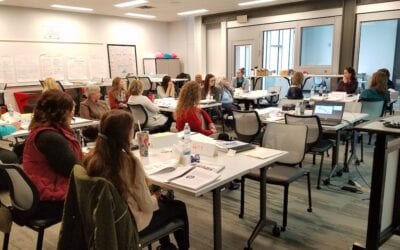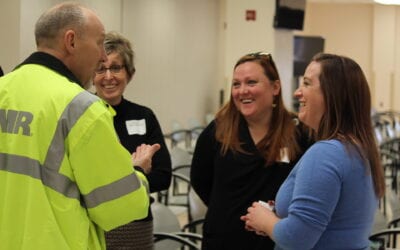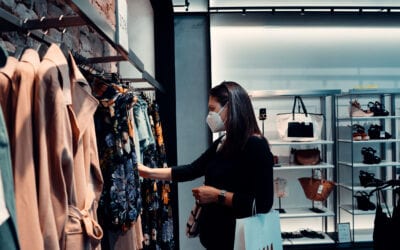Menstrual Equity in Eastern Jackson County

Lack of access to menstrual or period products, commonly referred to as period poverty, disrupts the lives of millions around the world each year — including right here in Missouri.
Like other bodily functions, period care is a necessary part of basic hygiene. Those who experience period poverty are unable to purchase safe, hygienic menstrual products to meet their needs, which can lead to health issues.
While struggling to access period products is often only thought of as an issue in developing nations, period poverty also affects many girls and women here in the United States. A 2019 study of U.S. college students found that 14.2% of women had experienced period poverty within the year. Another national study found that one in five teens (20%) reported struggling to afford period products or not being able to purchase them at all. Eighty-four percent of teens reported missing class time or knowing a classmate who missed class time because they did not have access to period products.
Period poverty can have a wide impact on students, including disrupting school attendance (a loss of valuable learning time), causing physical health issues, and straining their emotional and mental health.
Staff at Jackson County school districts were recently surveyed on period poverty within their schools. The survey asked staff several questions about period product distribution at their schools, their awareness of students’ access to adequate supplies, and disruptions of student learning because of periods.
Our survey found that Eastern Jackson County (EJC) schools largely provide adequate period products and supplies to students. A majority of students that need supplies can receive them if they ask certain staff members, but most cannot obtain products on their own in restrooms. We also found that continued period health education and awareness is needed. While most EJC schools are able to provide a supply when needed for students, students still report missing school because of their period.
Expanding education will help lessen the shame and stigma associated with periods and ensure that students fully understand their body’s development. Period products, management, and education are biological needs for young girls and adolescents.
To read the full findings of the survey, and learn more about period poverty and menstrual equity in EJC read our Menstrual Equity Data Brief.
Archives
- June 2025 (3)
- April 2025 (2)
- February 2025 (1)
- January 2025 (2)
- December 2024 (1)
- September 2024 (2)
- August 2024 (2)
- July 2024 (1)
- June 2024 (1)
- February 2024 (1)
- July 2023 (1)
- March 2023 (1)
- October 2022 (1)
- September 2022 (1)
- August 2022 (1)
- July 2022 (2)
- June 2022 (2)
- May 2022 (1)
- April 2022 (4)
- March 2022 (1)
- February 2022 (1)
- January 2022 (2)
- December 2021 (4)
- November 2021 (3)
- September 2021 (2)
- August 2021 (3)
- July 2021 (2)
- June 2021 (1)
- May 2021 (2)
- March 2021 (1)
- December 2020 (6)
- November 2020 (8)
- October 2020 (4)
- September 2020 (7)
- August 2020 (3)
- July 2020 (11)
- May 2020 (2)
- April 2020 (4)
- March 2020 (1)
Categories
- Communicable Disease (4)
- Clinical Services (18)
- Clinical Servcies (1)
- Health Promotions (71)
- Emergency Preparedness (8)






